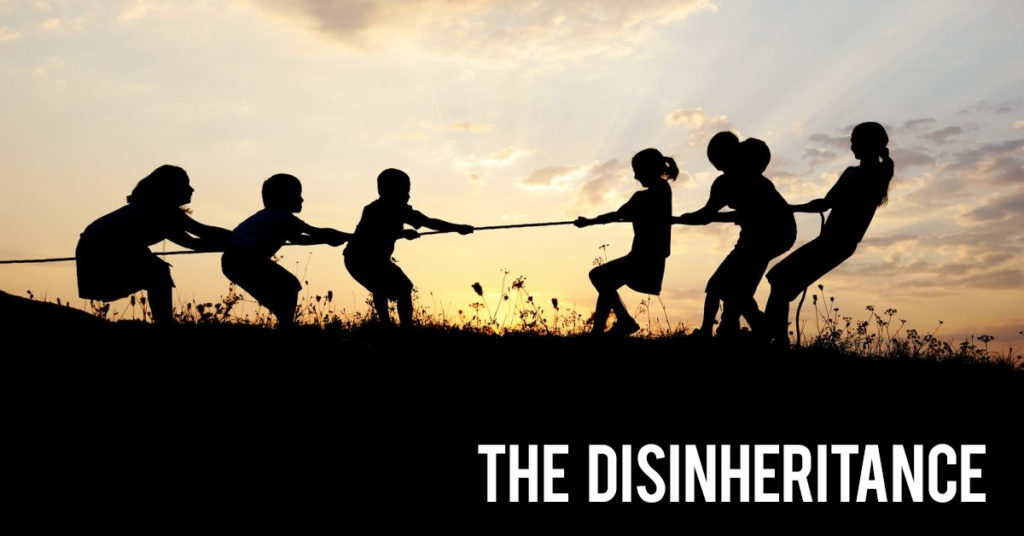WE regularly receive visits to our law office from Spaniards and expatriates from many different countries asking for advice over inheritance and succession laws in Spain.
One question is often asked and that is whether it is possible to disinherit or leave nothing in the will to one or more child.
The answer to this question is not simple.
Spanish law
In principle and according to the Spanish Civil Code, a large proportion of the assets which form part of the estate, (approximately two thirds) are reserved for direct relatives and generally it can be assumed that one third of the estate (which is a strict requirement) must be distributed amongst any children in equal proportion, and another third (called improvement – mejora) may be shared by children, grandchildren, etc. in any way that the deceased may have chosen.
However it must be taken into account that not all the provinces and territories within Spain follow the same laws as there are some regions that have their own inheritance regulations such as Navarra, Basque Country (Euskadi), etc.
Spanish law doesn’t always apply
In addition, it should be taken into consideration that not all inheritances in Spain are governed by Spanish Law, so, according to European Regulation 650/2012, the law that will apply to an inheritance in Spain will be the law of country of the last domicile of the deceased at time of death, unless the deceased had opted for his or her national law.
Choice of applicable law
Therefore, it is possible either because you don’t have Spanish nationality or have your residence elsewhere that Spanish law may not apply to you. It is sometimes very convenient for foreigners living in Spain to opt to follow their own national law, as it may be more flexible and allow them the freedom to distribute their assets in the way that they prefer.
Disinheritance according to the Spanish Civil Code
Although theoretically it is possible to disinherit the descendants, what is regulated in the Spanish civil code, in its article 853 and related, for causes such as the mistreatment, injuries, denial of assistance when needed, etc. the reality is that in practice, without strong evidence to prove these causes, it is very complicated.
There are however perfectly legal strategies to avoid the application of Spanish law or the law of the nationality (if it forces you to leave part of your inheritance to a child that you do not want to benefit from it), or at least minimize the rights of this descendant, but adequate advice when making a WILL is essential.
There are different options in relation to the applicable law will which should be checked as it is perfectly possible to benefit the descendants that you favour by having a thorough knowledge of the law.
It is also possible that the appointment of an executor by the testator will benefit your preferred heir.
Some of these options are also useful in relation to the possible claims that a spouses descendants may have, in the scenarios of married couple with joint assets or community matrimonial regime as exists in Spain and France.
If you are interested in knowing the different options you have when distributing your inheritance, the law that may be applicable to your estate and you want legal, professional, expert advice, contact us and we will help.
The information provided in this article is not intended to be legal advice, it simply transmits information related to legal issues.
Carlos Baos (Lawyer)
White & Baos
Tel: +34 966 426 185
E-mail: info@white-baos.com
White & Baos 2019- All Rights Reserved.
